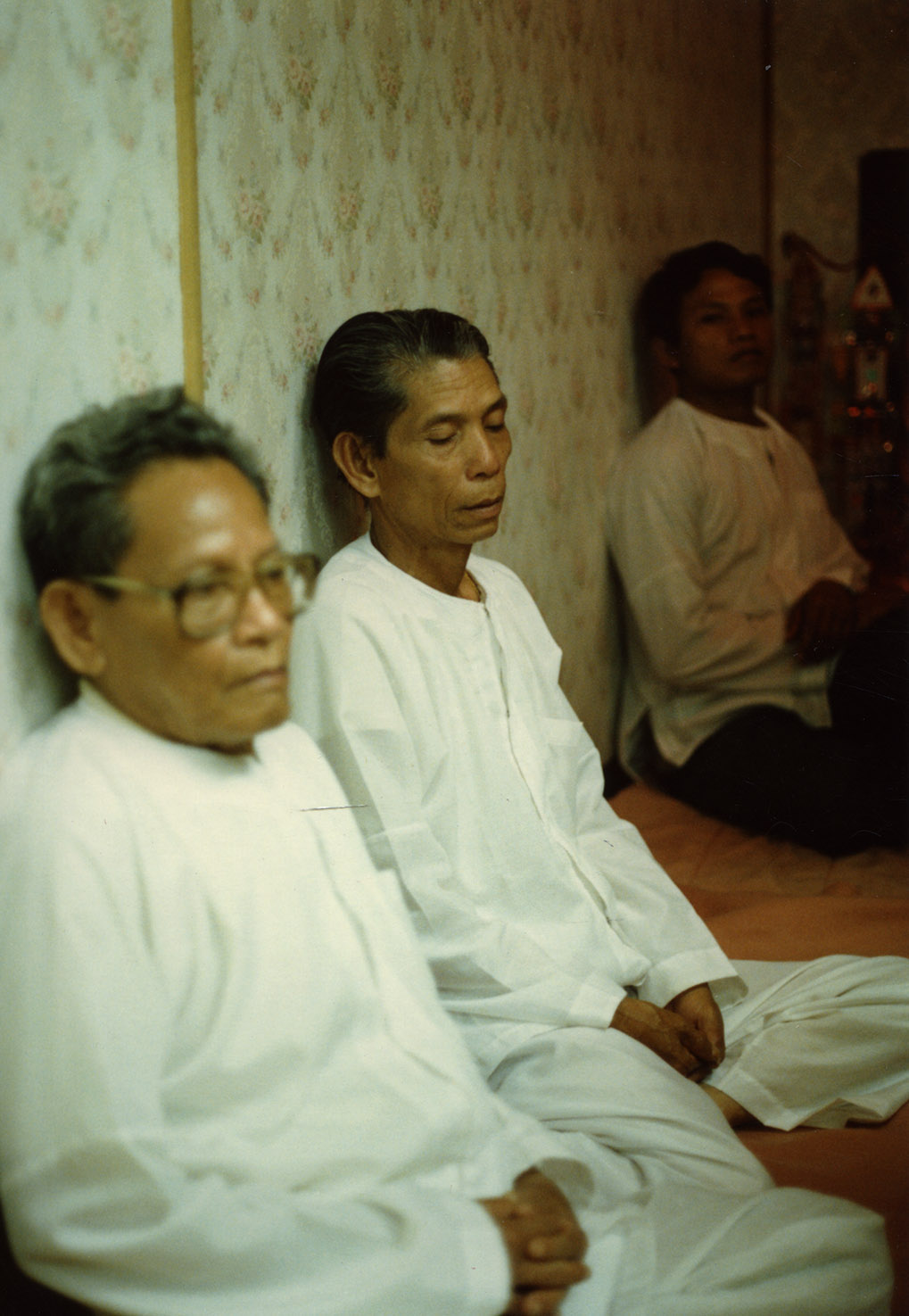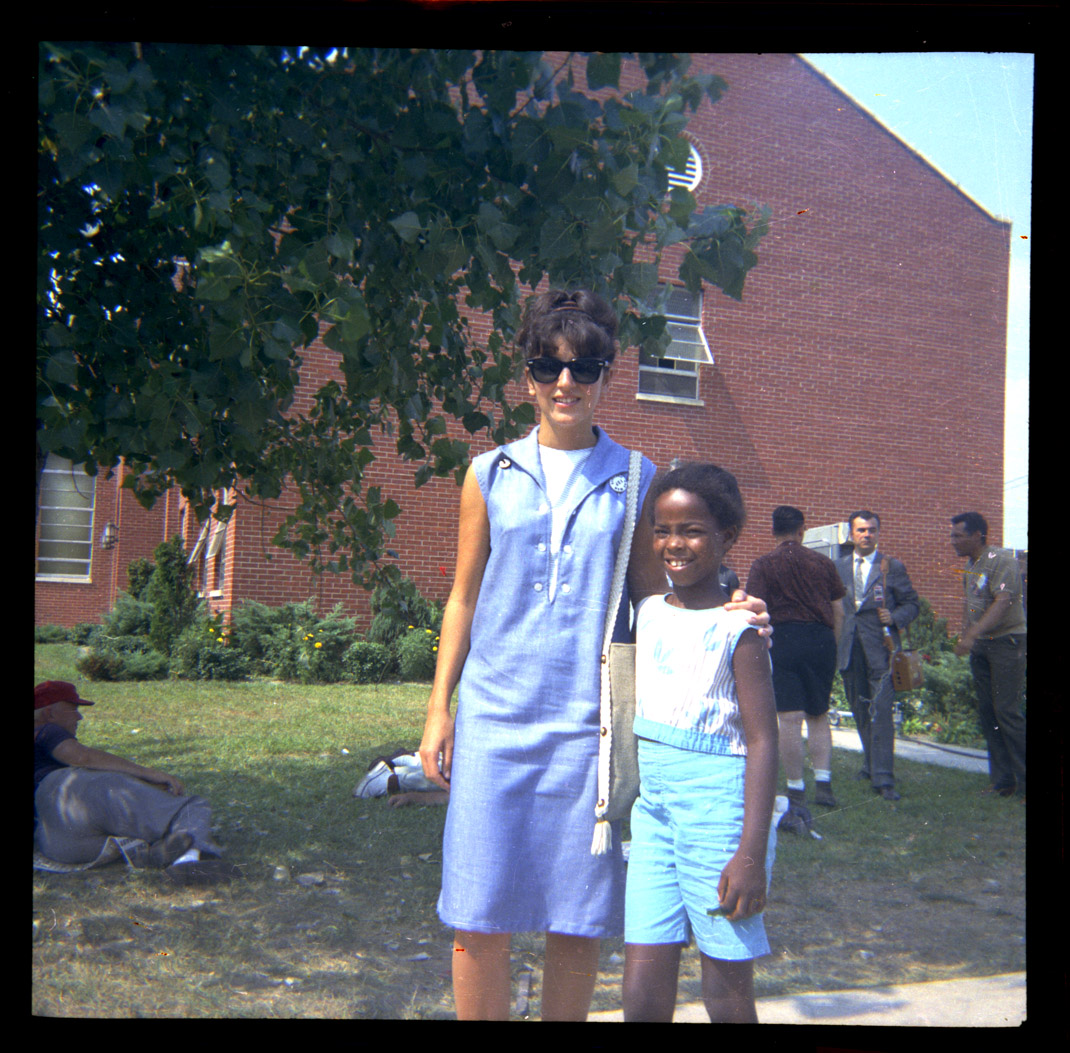Clark Family Papers
1679-1814
1 box 0.5 linear feet
Call no.: MS 654
The Clark family played a prominent role in the colonial and early national history of Newton, Massachusetts. John Clark and his wife Elizabeth Norman settled in Cambridge Village (now Newton), Massachusetts, in about 1681, and played an active role in the public life of the town. His son William, grandson Norman, and great-grandson Norman followed in John’s footsteps, serving as Selectmen and, in the case of Norman, Jr., as the Collector of taxes during and after the Revolutionary War.
This small collection traces the early history of Newton, Mass., through the lives and activities of four generations of the family of John Clark. While the majority of the collection consists of deeds or related legal documents pertaining to properties in Newton (or in one case, Connecticut), a few items provide glimpses into other Clark family activities. As tax collector for Newton during and after the Revolution, Norman Clark, Jr., left an interesting documentary trail that touches on financial priorities in town, including the collection of taxes for support of the church, Revolutionary War soldiers, and road building.
Subjects
Clark FamilyNewton (Mass.)--History--18th centuryReal property--Massachusetts--NewtonTaxation--MassachusettsUnited States--History--Revolution, 1775-1783Contributors
Clark, JohnClark, NormanClark, WilliamTypes of material
DeedsMapsWills



